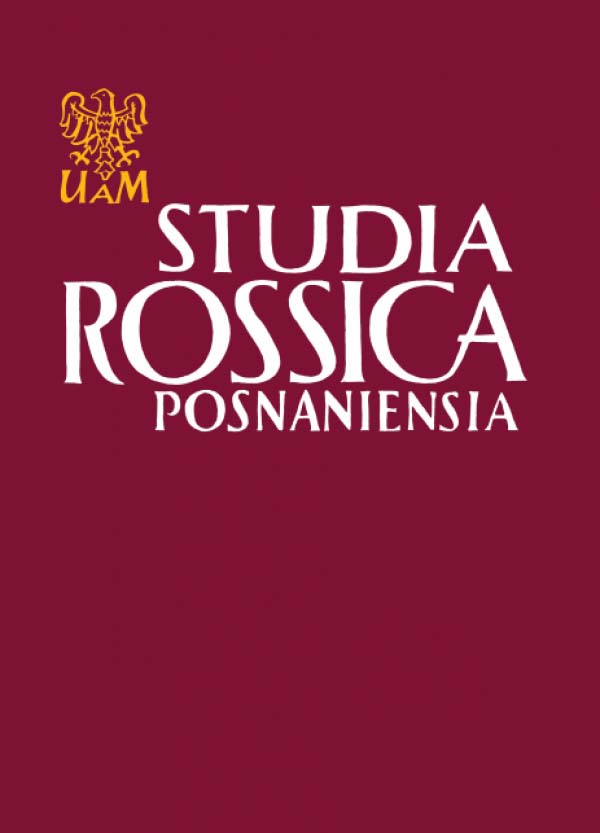POWIEŚĆ IWANA TURGIENIEWA „W PRZEDEDNIU” NA TLE SPORÓW EPOKI
IVAN TURGENEV’S NOVEL 'ON THE EVE' AGAINST THE BACKGROUND OF THE DISPUTE OF THE EPOCH
Author(s): Antoni SemczukSubject(s): Language and Literature Studies, Studies of Literature, Philology
Published by: Uniwersytet Adama Mickiewicza
Summary/Abstract: In 'The Nest of Gentlefolk' Turgenev parted with heroes of noble origin and his next novel 'On the Eve' is devoted to the intelligentsia of one-noble origin (raznoczincy). He presented its main objects in an article which precedes the novel. It is entitled Hamlet and Don Quixote. Through distant literary analogies he defined his attitude to the progressive noble intelligentsia of the forties and the radical camp of non-noble intelligentsia of the sixties of the nineteenth century. He called the former highly cultured Hamlets with an atrophy of will, the latter Don Quixotes with an iron will and limited spiritual qualities. The former he loved, the latter he respected — form a distance. Through his character Insarov in the novel he polemized with the non-nobles. He opposed their revolutionary ideology with an all-national one on the example of the Bulgarian struggle for independence against the Turkish oppression. He endowed this character with a number o f characteristics of an authentic political heroe, first and foremost with a consistent unity of action and objectives, and a harmonious nonantagonistic understanding of happiness and duty. The main hero and heroine are shown against a background of a pessim istic concept of fate which limits the realm and effectiveness of individual endeavours. Moreover, he presented Insarov in the phase of preparations for the actual action and whitdrew him before it started. In his article When will the True Day Come? Dobrolubov expressed his dislike of the author, Insarov and the ideal he represented. He pushed him into the background and put Helena in the fore treating her behaviour and choice as symbolic for Russia. He maintained that she was right to put her fate in the hands of a man of action and that the country was on the eve of the arrival of such a character. In his opinion it was to be a Russian Insarov, i.e. a representative of the camp of revolutionary democracy. After the publication of this article by Dobrolubov Turgenev broke off with the monthly „Современник”.
Journal: Studia Rossica Posnaniensia
- Issue Year: 1/1970
- Issue No: 1
- Page Range: 3-21
- Page Count: 19
- Language: Polish

